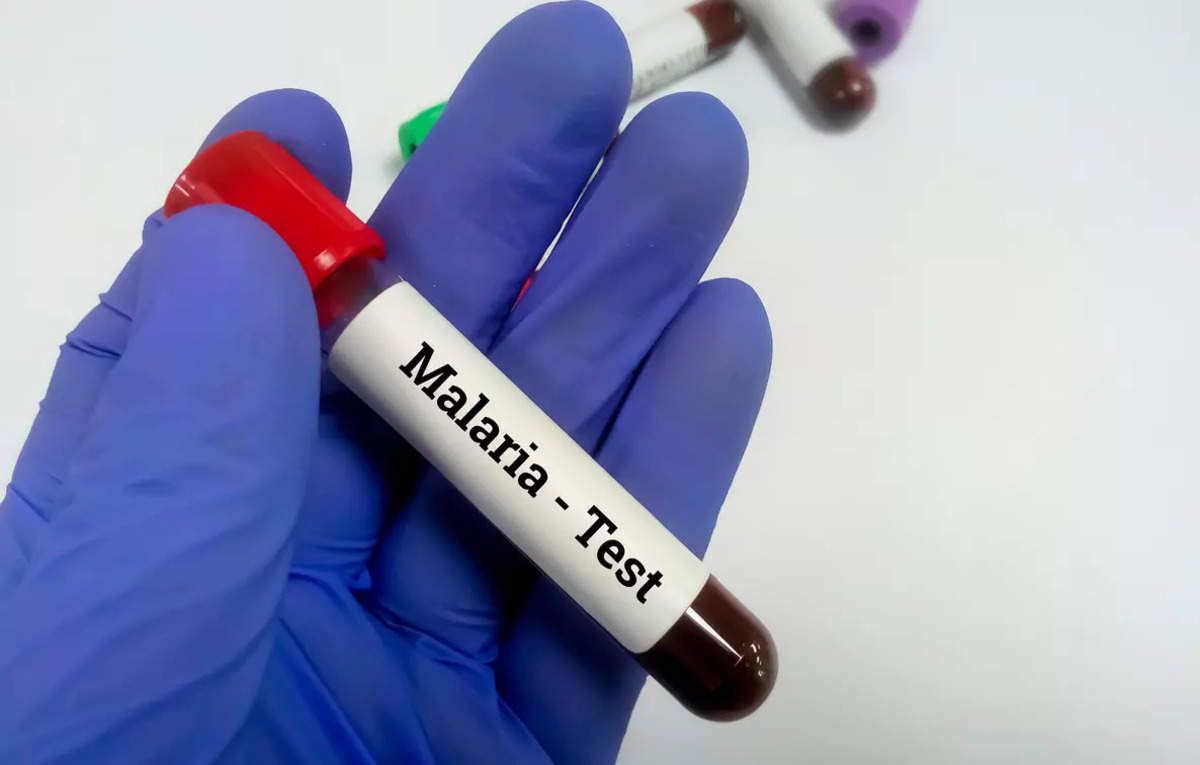India on Cusp of Achieving Malaria-Free Future

New Delhi: India is celebrating significant milestones on its journey towards becoming a malaria-free nation. According to the World Health Organization's latest report, India has made remarkable progress in reducing malaria cases and deaths over the past decade.
At independence in 1947, malaria was one of the most pressing public health challenges, with an estimated 7.5 crore cases annually and 800,000 deaths. However, thanks to relentless efforts, these numbers have drastically reduced by over 97%. As of 2023, India has reported just 20 lakhs malaria cases and 83 deaths, reflecting a significant decrease in the incidence of the disease.
India's achievements on the global stage are being recognized by the WHO, with the country exiting the High Burden to High Impact group in 2024. This marks a turning point in its fight against malaria and demonstrates the nation's robust public health interventions and vision to achieve malaria-free status by 2030.
The country's epidemiological progress is evident in the movement of states from higher-burden categories to lower-burden or zero-burden categories. In 2015, 10 states were classified as high-burden districts, but by 2023, only two remained, while four more states had reduced their case-load and moved to category 1.
The government's comprehensive approach has been instrumental in India's success, including the National Framework for Malaria Elimination (NFME) launched in 2016. This framework provided a clear roadmap for achieving zero indigenous malaria cases by 2027, which is now being built upon through enhanced surveillance and prompt case management.
Integrated Vector Management (IVM) has also been at the core of India's efforts, with strategies such as Indoor Residual Spraying (IRS) and Long-Lasting Insecticidal Nets (LLINs) significantly curtailing mosquito populations and disrupting the transmission cycle.
Community integration has played a vital role in India's journey, with initiatives such as Ayushman Bharat health packages ensuring that even vulnerable populations have access to essential healthcare. Additionally, research initiatives and collaborations with funding mechanisms have provided critical data to refine intervention strategies.
Looking ahead, India remains committed to achieving zero Indigenous cases by 2027 and preventing the re-establishment of malaria. By combining strategic frameworks, robust interventions, and community engagement, India is setting a global benchmark in malaria elimination and reaffirming its commitment to public health excellence.
